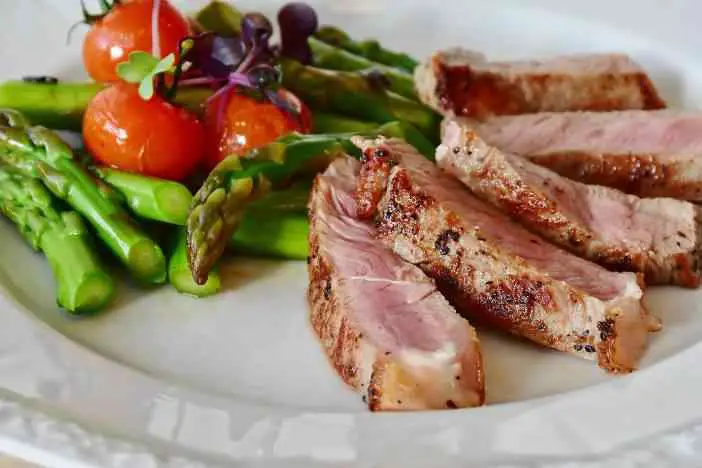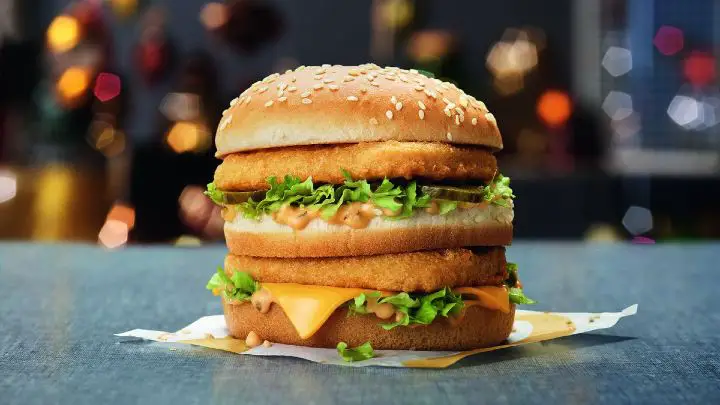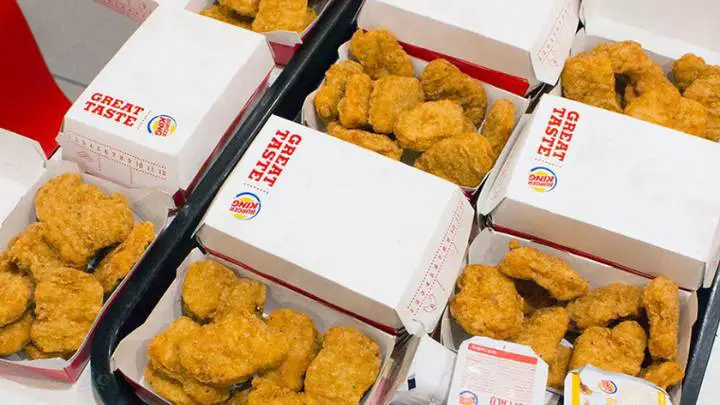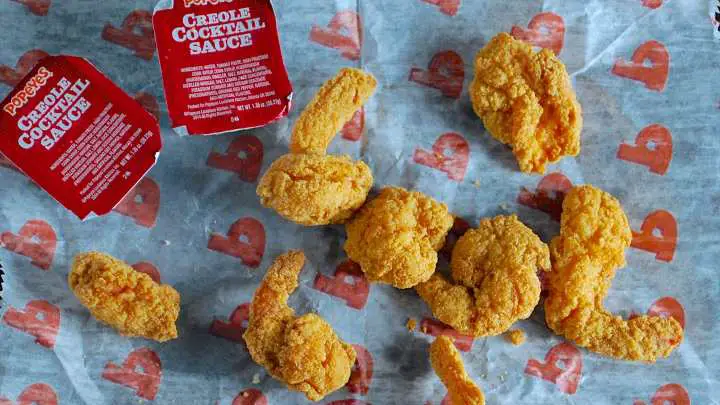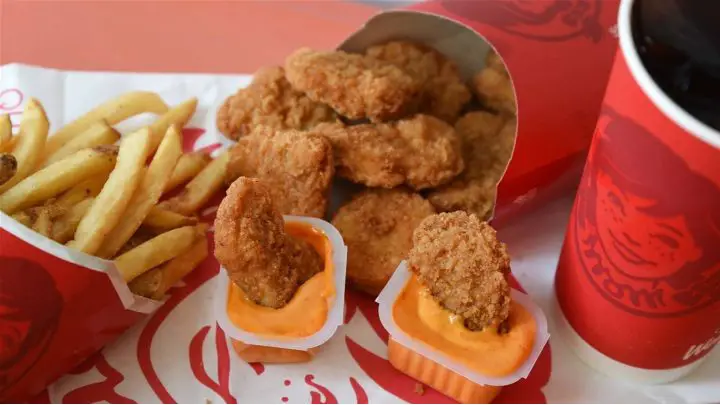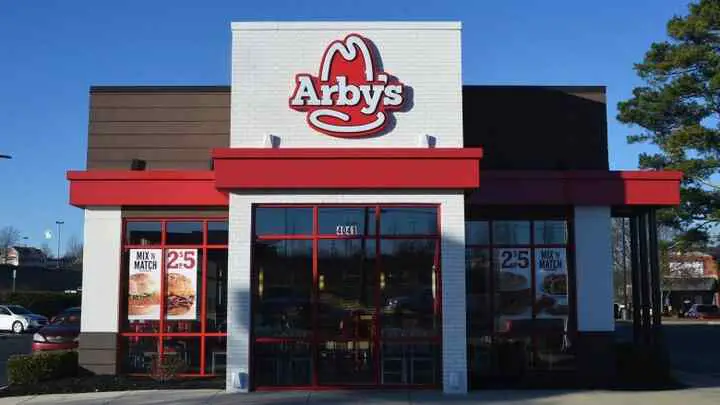You can keep your food for as long as it can be well preserved. The length of time or days in which you can keep your food depends on the type of food – be it perishable or non-perishable.
As you know not all foods can be stored in the refrigerator, as I shared in a post previously. Some foods require only considerable exposure to air such as tubers, grapefruits, and spices. While some need just the right cooling temperature to stay longer, like bread and fish.
It is necessary that as a cook who wishes to be the best in the kitchen game, to know how long all of your foods can last so you can be sure how long to keep them. Read on these food categories and types to learn more about how long you should keep your food.
1. Raw Meat and Eggs
The only way to keep your raw meat and eggs is to preserve them in the refrigerator. Cooked meat lasts longer especially when it is fried. They should be stored at the cooling temperature of 410F not longer than 3 three days if not consumed immediately.
The same procedure applies to your cooked poultry products. Pay attention to meat and eggs with expiry dates. This will give you an idea of the range of days you must consume them.
Never wait till the exact date or after to avoid food poisoning due to the presence of bacteria or viruses in the foods. When preserving your eggs, store them in their original carton to prevent them from absorbing odors.
You can use these tips to help you in determining how long you store your meat and eggs when they are tagged with a “sell by” date.
- Eggs can go for as long as 5 to 7 weeks.
- Ground meat will last for two days from the selling date.
2. Dairy Foods
There is no general guide on when exactly dairy products expire as the expiration date of dairy products varies. Pasteurized milk for instance can stay for 12 to 14 days when stored at a temperature below 1040F and yogurt and cheese will stay for 6 weeks and 2 weeks respectively.
Use these tips to know how long your dairy foods can be stored.
- A cheese can stay for months when frozen
- Butter; salted lasts for 4 weeks and unsalted lasts for 2 weeks.
- Ricotta lasts for 8 to 14 days.
- Ice cream will stay as long as three weeks.
- Sour cream can stay in the freezer for a maximum of two weeks.
- Coffee Creamer lasts for 2 weeks.
- Whipped cream lasts 3 to 4 weeks.
When making plans to get your dairy products put in mind that all information in the manufacturer’s instructions must be followed. Ensure you buy your dairy products towards the end of your shopping. Create space in your freezer before placing them inside and it is compulsory you put them in the coldest part of your freezer.
Non-dairy milk products like almonds and soy should be consumed in a week. And for your cheese, maintain its freshness by keeping it wrapped in foil or parchment paper.
3. Leftovers
Take note to store leftovers in your refrigerator for three days alone. If you are still not ready to consume the leftover, freeze it – but it shouldn’t stay more than a week. Over time frozen leftovers lose their original taste. At this stage, no matter how good it might look do not consume it.
Quickly take note of this; how long your leftovers last is determined by how well you cook your food. If you can abide by all of the amazing and best cooking tips to be a better cook, you can be sure to have your leftovers last well enough for consumption after freezing.
There are four rules according to the US Department of Agriculture to guide you on leftovers.
- Microwave all food leftovers and use a food thermometer.
- Only use small and shallow containers.
- Obey the two-hour rule by freezing foods within the first two hours of cooking except if you wish to turn the scraps into another tasty.
- Eat after four days of freezing.
How to Make Your Food Last Longer
Having learned the different categories of food and their respective expiration dates, read on to find out how you can successfully preserve your food to make it last longer than projected.
1. Keep Herbs like Flowers
After buying your herbs, wash and cook the ones you need. For the herbs you are yet to use, place them in a loose plastic bag with water.
You can also preserve them by keeping them in a damp paper towel before putting them in the fridge. These two techniques are proven methods to keep your herbs for as long as two to three weeks.
2. Use Acid Citrus for Other Fruits
Droplets from Lemon can keep fruits like avocado longer. Avocado used as a recipe in your salad needs an extra touch of lemon drops before adding it to your salad. The acid from the lemon will prevent it from turning brown which will eventually spoil your salad no matter how well you preserve the salad.
3. Never Keep Washed Vegetables and Fruits in the Fridge
Washing your fruits and vegetables is highly recommended before consumption but washing them before refrigerating can affect their life span. Moisture on refrigerated fruits and vegetables will only make it closer to its decaying stage. Therefore, the best method is to wash them only when you need them.
4. Keep Berries from Water
Berries are also prone to quick decay when they come in contact with water even if you refrigerate them after washing. Do the same “refrigerate before washing” procedure for berries too. Never keep them in crisper drawers, and wash them only in well-ventilated containers.
5. Place Dairy Product Properly
One of the most delicate items to store carefully is dairy products. Just as they are easy to store, they also spoil quickly when you miss a step in their preservation process.
When placing dairy products in the freezer, you should make sure you place them properly by either keeping them in the middle or bottom shelf of the fridge. Most people are fond of keeping dairy products by the door of the fridge; this method is wrong.
The fridge opens and closes almost every time, therefore it is very impossible for your yogurt, milk, or any other product kept there to freeze at a normal rate.
SEE: Ways to Use Leftover Beef Roast & Still Have It Taste Great
6. Preserve Your Tomatoes the Right Way
Ripe tomatoes are stored differently from unripe tomatoes. For unripe tomatoes, keep them in sealed bags before keeping them in the refrigerator. While ripe tomatoes must only be stored at room temperature and kept far away from traces of sunlight.
Here is a hack to use for overripe tomatoes: keep them in the refrigerator until you are ready to use them so as to prevent them from ripening more.
SEE: The Complete List of Foods You Should Not Refrigerate
7. Store Celery Properly
Crisper drawers are best to keep celery stalks. They must be wrapped tightly in tin foil before placing them in the drawers. You should not wash or cut them before you wrap them; they are also prone to quick decay when in contact with water.
8. Wrap Broccoli in Foil
As a cook, foil paper should never finish in your kitchen because if you want to ace your food storage game it is a must-have material for storing food products. Keep a record of the number you buy so you can know when to buy more.
Just like your celery, broccoli must also be stored in tin foil. It helps to keep them fresh for as long as four weeks. Foods with an acid such as tomatoes, rhubarb, cabbage, and soft fruit must never be wrapped with foil.
9. Preserve Lettuce with a Towel
Like your vegetables and fruits, water must be reduced completely from lettuce. To do this efficiently, use only kitchen towels. Using kitchen towels is a tested and trusted method of keeping lettuce fresh till when you are ready to consume them.
10. Bananas should be kept privately
When ripe bananas are stored among other fruits or food items, it gets compressed and damaged. Similarly, when they are removed from the bunch without the intention of eating them immediately, it turns brown; a condition that signifies that it is spoilt.
Therefore, to store bananas keep them in a bunch and keep away them from heavy food containers or food items that can press down to spill the content.
11. Spring Onions Must Be Kept in Bottles
Onion is a special spice that requires a little bit of kitchen expertise to store well. To a larger extent, onions can be kept frozen but the issue here is that storing an onion in the freezer only makes it get closer to water which can prevent it from lasting longer.
Storing spring onions needs extra effort. Chop your spring onions into pieces small enough to enter the bottle you intend to use. After chopping, dry them for about three hours before putting them into the bottle.
Take note to also dry the bottle properly before you place them in it. Water in the bottle can make them decay quickly. Use this method to store your onions for as long as 4 months.
12. Roots should be removed from vegetables
Vegetables with roots like carrots should not be placed in the refrigerator with roots. Roots attached to vegetables can steal the nutrients of such vegetables when they are refrigerated together.
13. Grate Parmesan Cheese
Did you know that Parmesan cheese can last as long as 12 months? Yes, a year. But the secret to making them last that long lies in how you store them. To make them last for a year, make sure you shred or grate them.
14. Refrigerate Apples
Apples are better preserved when refrigerated. In fact, it can stay weeks when you do so and remain fresh till when you are ready to consume them.
15. Freeze your Oats
Did you also know that oats can stay fresh even after their expiration date? You might be thinking about how that is possible. The secret is in the method of preservation. Freeze your oats and they will last longer and stay fresh.
16. Dry Your Legumes
Dried legumes can withstand unfavorable weather conditions and can stay for as long as 10 years. Trust you didn’t know that. But get the gist, the longer they last the lesser the nutrients they contain.
FAQs
Where can you store your food?
You can store your foods in containers, refrigerators, or freezers. Non-perishables can sometimes be kept bare in drawers or left in the kitchen store.
How can you store your food when backpacking?
You can store your food in containers, bags, Ziplocs, and coolers as you prepare to travel or go on a long journey.
What are the foods that do not spoil easily?
Foods that do not spoil include dried beans, protein powders, hard cheese in wax, dehydrated milk, coconut oil, olive oil, canned olives, vinegar, honey, red wine, salt, dark chocolate, nuts, canned fruits, ghee, and lentils.
Conclusion
In summary, as a cook no matter how tedious it is to memorize the number of days a particular food can last long, make it a responsibility, and your cooking duty will become a passion. Making cooking your passion requires practicing the best tips that will make you a better cook at home.
For each sort of food, the best way to maintain it is different. Eggs, fruits, and vegetables are delicate items that should be utilized as soon as possible. Anything that won’t decay can be kept in a dark, room-temperature environment. The length of time it takes for your food to go bad is determined by how fresh it was when you bought it at the market.
One easiest way to start is to keep a notepad record on your fridge with a list of all available food with the allocated time and day of expiration. You could also include the required storage pattern for each food. Lastly, you may want to bookmark this page for easy reference.
I hope you found this guide helpful. Read more about food storage mistakes you should avoid to make your foods last longer.
Thank you for reading.
